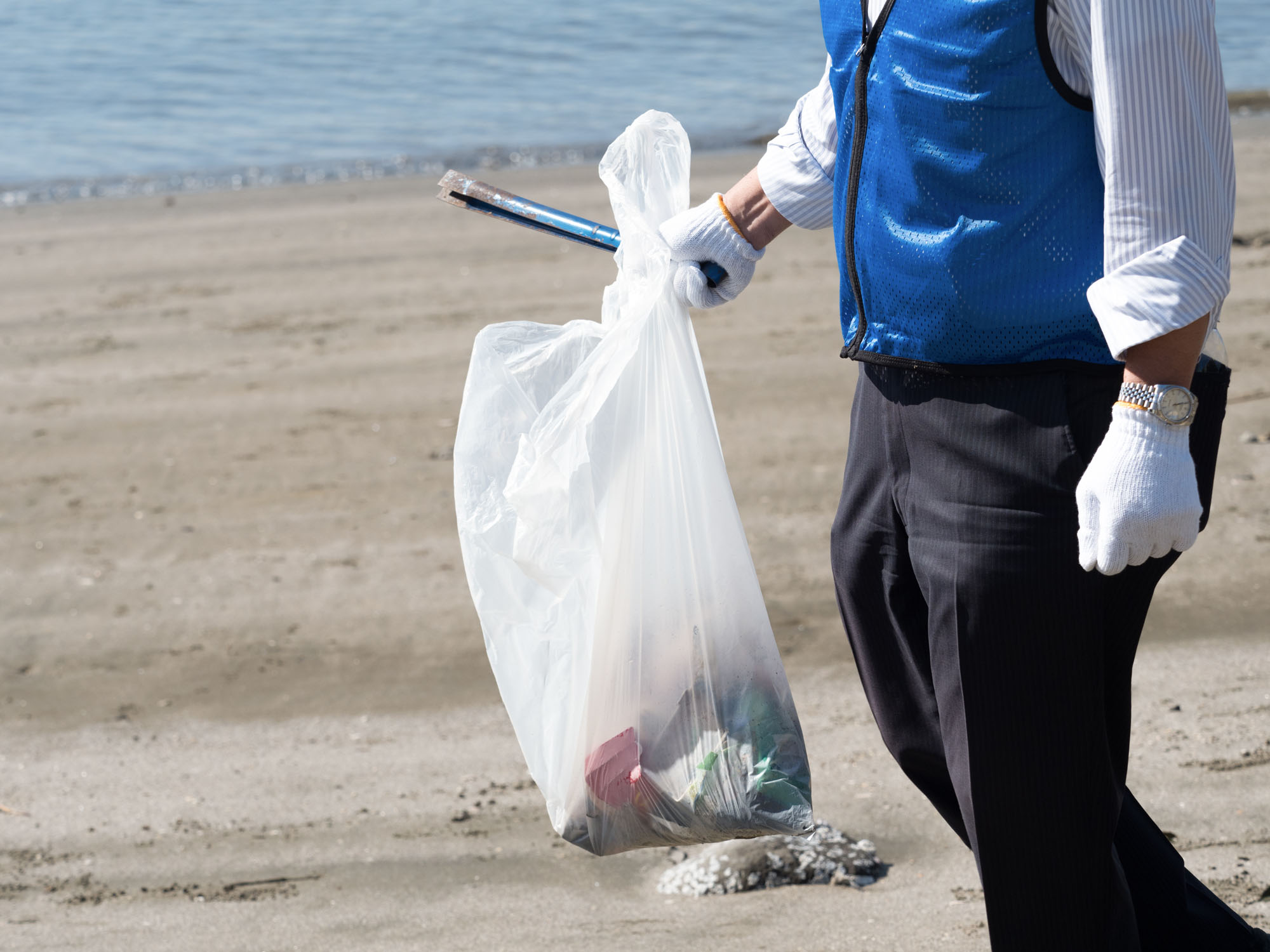Thanks to Netflix, many are familiar with Japanese clutter-buster Marie Kondo and her soothing remedies for the melancholy brought on by conspicuous consumption. Kondo is already a superstar in Japan, where closet sizes barely keep up with snowballing affluence, but she wasn't the first in her field, nor necessarily the most influential. She reportedly now lives in Southern California but occasionally comes back to Japan to oversee her publishing and mentoring empire. A few weeks ago, NHK took advantage of KonMari mania with a show about the ecstasy of organizing, but mainly had to settle for her local acolytes.
As is often the case, NHK is behind the curve because domestic media organizations have already moved on to the next stage in personal space care, which is what to do with all the junk produced when you rid your life of things that no longer spark joy. Supposedly, the KonMari boom in America has done wonderful things for second-hand book and clothing stores, but less great things for the environment.
Given Japan's limited space, refuse is a more compelling concern here, and I'm not just talking about gomi-yashiki (garbage houses), where trash accumulation is so severe that residents can barely move around. The issue there is mostly one of temperament, which is why TV shows about hoarding seem to be universal. However, excess trash is firstly a matter of excess consumption, a slippery slope for the authorities, who want people to buy things in order to keep the economy running. So the real challenge is taking charge of one’s garbage.



















With your current subscription plan you can comment on stories. However, before writing your first comment, please create a display name in the Profile section of your subscriber account page.